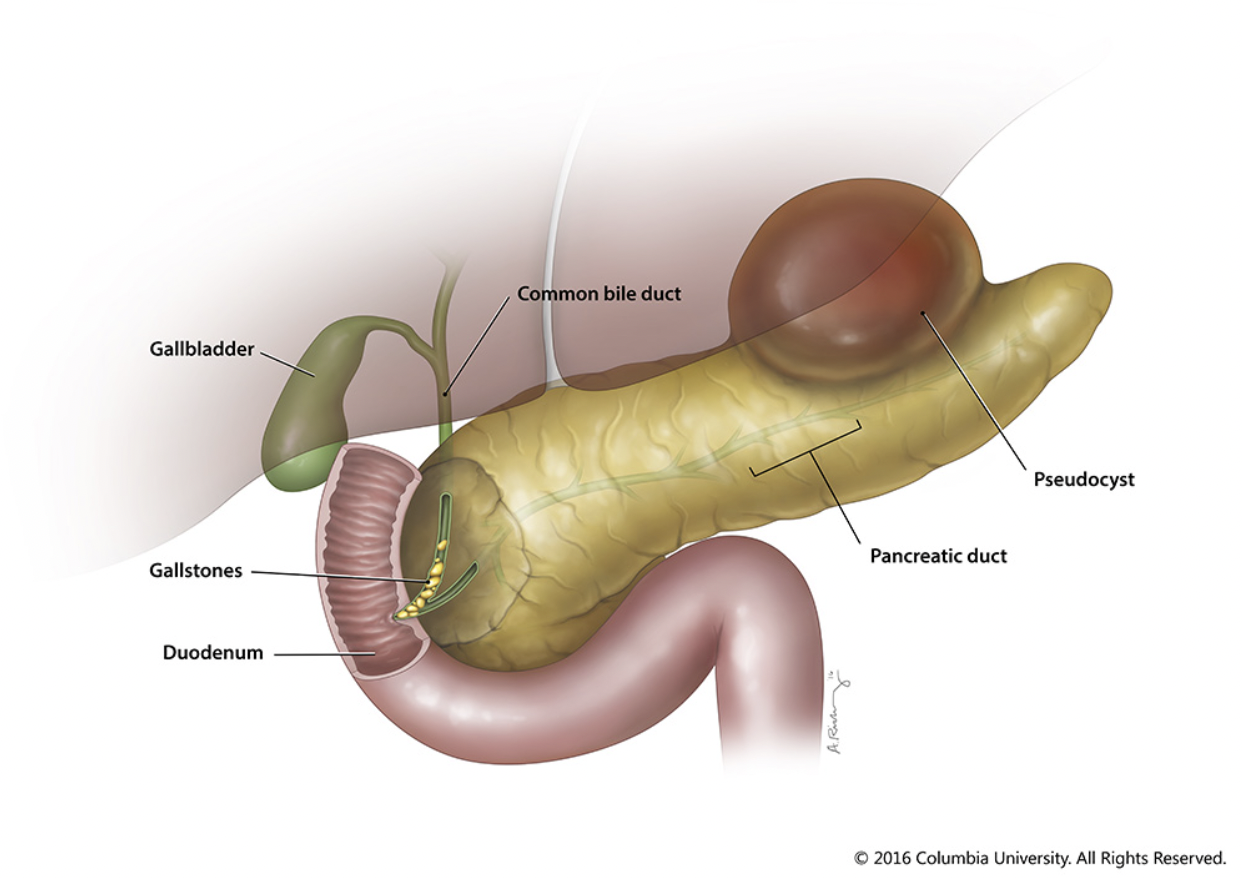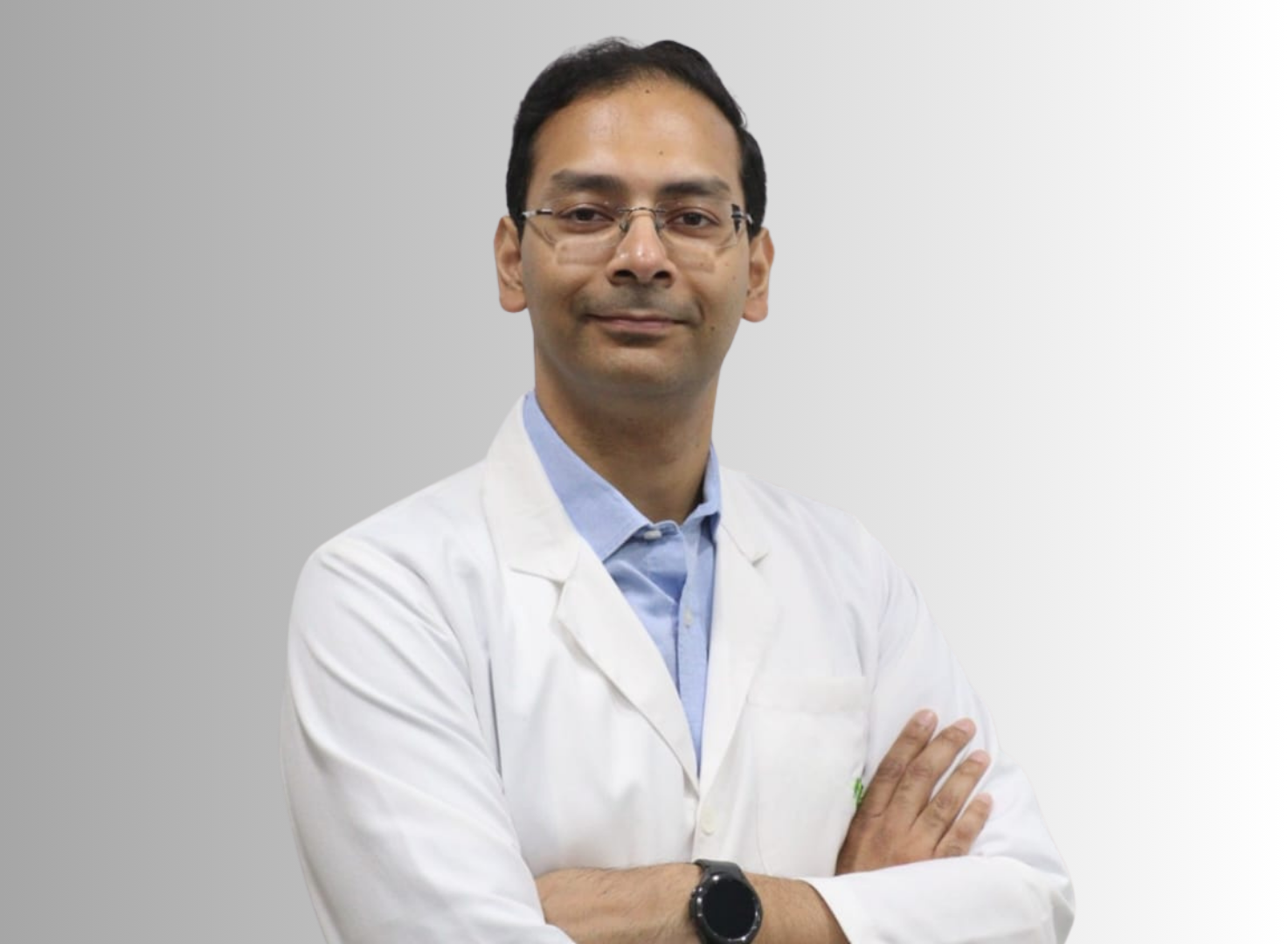Overview
Pancreatitis is the inflammation of the pancreas. The condition may be temporary or lifelong. It may be caused by various reasons, including excessive alcohol consumption or gallstones. Chronic pancreatitis is an alarming situation and calls for a visit to the doctor for its treatment and management. If you experience symptoms of this condition for a long time, book an appointment with Dr. Anando Sengupta (pancreas doctor in Ashok Vihar). Depending on the diagnosis, they will prescribe you a suitable treatment option.
What is Pancreatitis?

The pancreas constitutes a part of the digestive system. It sits between the stomach and spine and is involved in the process of digestion and regulating blood sugar. The pancreas makes digestive enzymes and delivers them to the small intestine through the pancreatic duct. Inflammation in this organ may lead to a condition called pancreatitis.
Such inflammation results in excessive pain and discomfort and is often characterized by shooting pain that spreads to the back. Pancreatitis is caused by an injury to the pancreas due to gallstones and alcohol. It can be acute or chronic.
- Acute pancreatitis: Acute pancreatitis is a temporary condition that takes place when the pancreas is attempting to recover from a minor injury. The recovery takes place within a few days with supportive care, hydration, and pain medications. These cases do not cause life-threatening complications.
- Chronic pancreatitis: Chronic pancreatitis is a long-term condition that doesn’t go away and becomes worse over time. It is caused by damage or injury to the pancreas. Constant inflammation in the organ leads to the scarring of the pancreas tissues. As a result, it is unable to make enzymes and hormones.
When to See a Pancreas Doctor?
Most people with acute or chronic pancreatitis experience pain and discomfort in the middle-left upper abdomen. You should be watchful of the following signs and symptoms and visit the doctor if they begin to worsen.
- Pain in the upper abdomen that starts slowly and becomes worse over time
- Pain spreading to the back
- Mild or severe pain in the abdomen lasting for several days
- Fever and nausea
- Swollen or tender abdomen
The symptoms of both acute and chronic pancreatitis are the same. In case of the latter, you may experience additional symptoms like worsened pain after eating. Other signs you need to fix an appointment with a doctor include diarrhea and steatorrhea (fatty stools with foul odor).
Treatment of Pancreatitis
The treatment of pancreatitis depends on the cause as well as the type of pancreatitis. If you experience the above-listed symptoms, see a pancreas doctor. Although some cases of acute pancreatitis may go away on their own, others may require medical attention.
Supportive Care
The doctor will prescribe supportive care, including IV fluids, tube feeding, parenteral nutrition, and pain relief in cases where the cause of pancreatitis has been resolved and the signs are not so severe.
Gallstone Removal
In case of gallstone pancreatitis, the doctor will perform one of the following procedures to remove the impacted stone from the bile ducts.
- Endoscopic Retrograde Cholangiopancreatography: Also known as ERCP, this procedure uses a thin, flexible catheter with a camera to remove stones. The doctor lets the endoscope down the throat into the stomach and bile ducts. The images captured are sent to the monitor. They insert tools through the catheter to remove gallstones.
- Gallbladder Removal Surgery: Gallbladder removal is the standard treatment for all cases that may lead to complications. The doctor may use a minimally invasive approach called laparoscopic surgery to remove the organ. That said, some cases may require an open surgery.
Lifestyle Changes
For all chronic pancreatitis cases, the doctor may suggest important lifestyle changes that you must incorporate to manage the condition. It includes quitting alcohol and smoking, as these factors contribute to worsening the symptoms of pancreatitis. Maintain a low-fat diet involving plenty of fruits and vegetables. Drink plenty of water to maintain hydration.
Pain Management
Long-term pain management of chronic pancreatitis includes experimenting with different procedures and medications. The pancreas doctor will find a suitable approach that works best for you. You must stay in touch with them and make regular follow-up appointments to check the progression and manage its effects.
Supplements
In case of chronic pancreatitis, many patients may develop exocrine pancreatic insufficiency or EPI. In such situations, the Pancreas specialist prescribes pancreatic enzymes in the form of supplements.
Surgery
Surgery for pancreatitis is the last resort and is recommended in cases where severe inflammation becomes concentrated in a specific part of the pancreas, leading to unbearable pain and complications. The surgeon will remove such a part of the pancreas. In cases where the pancreas has been severely damaged and is causing immense pain, they may remove the whole pancreas by performing total pancreatectomy.
Why Choose Dr. Sengupta?
Dr. Anando Sengupta has expertise in treating all the acute and chronic cases of pancreatitis. The multidisciplinary team approach at the doctor’s clinic ensures a comprehensive management of your condition. His clinic is equipped with advanced diagnostic and imaging technologies for precise evaluation of the condition. From diagnosing the type of pancreatitis you may have to offering a suitable treatment, Dr. Anando Sengupta (pancreas doctor in Ashok Vihar) creates a personalized treatment plan tailored to your specific needs.
The supportive care at his clinic involves nutrition, pain management, and psychological counselling. The continuous follow-up at his clinic ensures you receive the best treatment and care.
Frequently Asked Questions
Some of the common symptoms of pancreas-related issues include mild to severe abdominal pain, nausea and vomiting, fever and chills, diarrhea, and pain spreading to your back.
Acute pancreatitis is not a serious condition, and the symptoms go away on their own. On the other hand, chronic pancreatitis is a serious condition that requires immediate medical attention.
To rule out pancreatic issues, the pancreas doctor will run important tests like blood tests for pancreatic enzymes, a CT scan or an MRI, stool tests, and endoscopic procedures.
Pancreatic problems, such as pancreatitis, may damage insulin-producing cells in the pancreas and lead to diabetes, known as type 3c diabetes.




